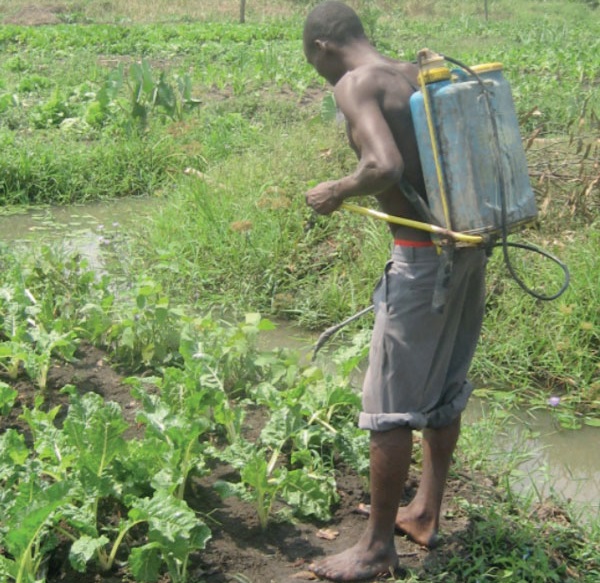
Kampala, Uganda | THE INDEPENDENT | The Southern and Eastern Africa Trade Information and Negotiations Institute (SEATINI) and the Center for Food and Adequate Living Rights have sued the government challenging the continued use of glyphosate herbicides.
This application comes after over 25 countries around the world banned the use of glyphosate, an active ingredient in the world’s most widely used herbicide, Roundup which is used to kill weeds like broad leaf plants, grasses and woody plants.
It’s use became controversial in 2015 when the World Health Organization’s International Agency for Research on Cancer (IARC) concluded that it was probably carcinogenic. Additional Research by the University of Washington indicated that the chemical significantly increases the risk of non-Hodgkin lymphoma (NHL), a cancer of the immune system.
The herbicide has since been banned in Belgium, Brazil, Italy, United States, Spain, Sweden, the UK and India among others.
The two civil society organizations argue that the failure by the Ugandan government to ban the use of glyphosate herbicides is not only putting the health of Ugandans in danger but also threatening the country’s agricultural exports, especially to the European Union market.
In his affidavit, Kaddu Gonzaga, an agribusiness specialist working with the Center for Food and Adequate Living Rights said Uganda needs to join the list of countries that have banned the weed killer since most farmers do not have skills and techniques of applying agrochemicals, yet the agriculture sector is dominated by small scale farmers who are estimated to produce 75 percent of the total agriculture output.
“Most farmers, farm workers and agrochemical traders are unfamiliar with the proper use of protective equipment which puts their health at high risk of being harmed by agrochemical exposure. Glyphosate-based chemicals were classified as highly hazardous and probably carcinogenic by the World Health Organization’s International Agency for Research on Cancer”, reads the affidavit in part.
In the application filed on Friday, the organizations note that the failure by the government to regulate the use of agrochemicals also violates economic rights a reason as to why they should issue a ban on the use of glyphosate, glyphosate herbicides and all internationally banned agrochemicals in addition to introducing phytosanitary measures that examine food for such before being supplied to the market by farmers.
Currently, however, according to statistics by international consultancy Monitor Deloitte, 75 percent of the market for herbicides in Uganda is represented by glyphosate herbicide.
No country in Africa has banned the herbicides yet and they remain widely used.
******
URN
 The Independent Uganda: You get the Truth we Pay the Price
The Independent Uganda: You get the Truth we Pay the Price



